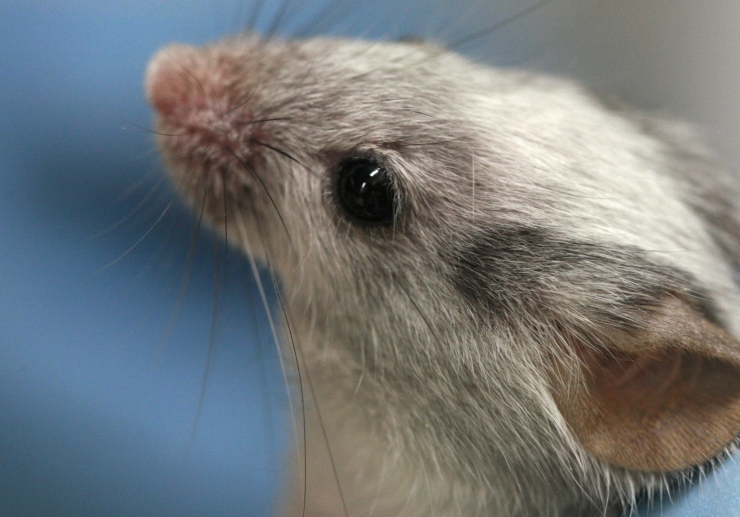Scientists Used Gene Manipulation to Reverse the Age of Organs in Mice
2014.04.11

Medical advancements in movies paint a very exciting future, where people don't have to die if they have organ failure or are in need of a transplant. Now, the researchers from the University of Edinburgh have discovered they could an old mouse's thymus to reverse back into a healthy, youthful state.
The researchers manipulated a single protein that controls gene expression. The scientists have been able to regenerate a living organ by gene manipulation. The research has been published in this month's issue of the journal Development.
The gene targeted, controls production of the protein FOXN1. With higher concentrations of the protein, it drove the organ back to its youthful state. Needless to say, this could have a huge implication on health science.
The research is also very promising, because the thymus is a crucial part of the immune system. It shuts down in humans with age, and it is also involved with white blood cells. This could mean a new kind of "fountain of youth", so to speak.
There is hope that the technique used on mice could also work in humans in a medical setting. The researchers say:
"Our results suggest that targeting the same pathway in humans may improve thymus function and therefore boost immunity in elderly patients, or those with a suppressed immune system," said Dr. Clare Blackburn, who contributed to the study. "However, before we test this in humans we need to carry out more work to make sure the process can be tightly controlled."
Here's to hoping they succeed. [University of Edinburgh via ScienceDaily Image Credit: Wiki Commons]
More Articles
Copyright © Fooyoh.com All rights reserved.